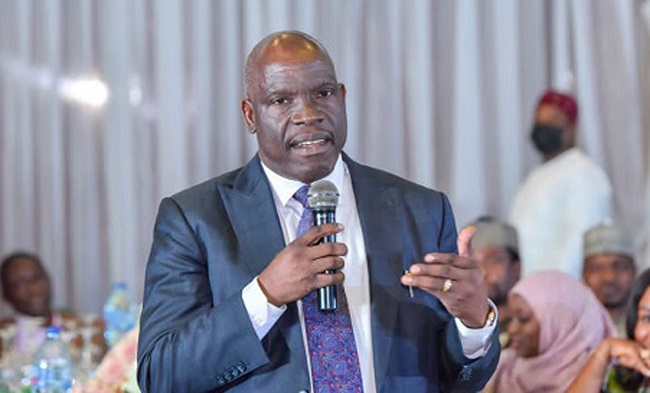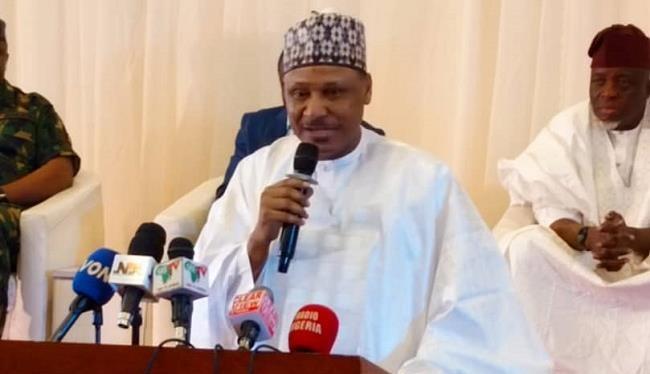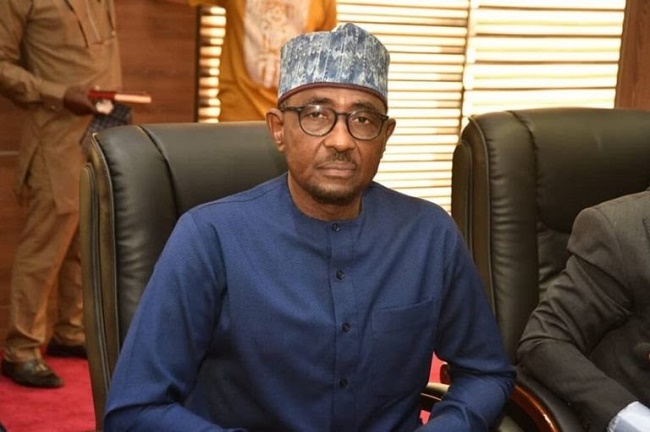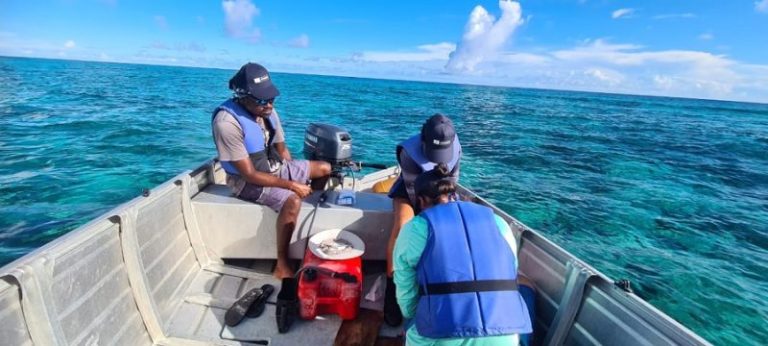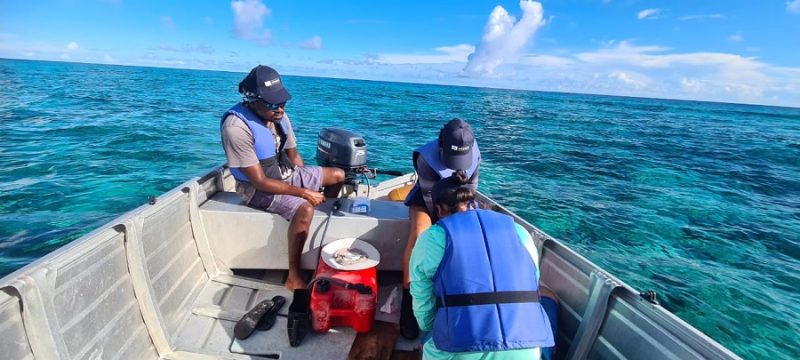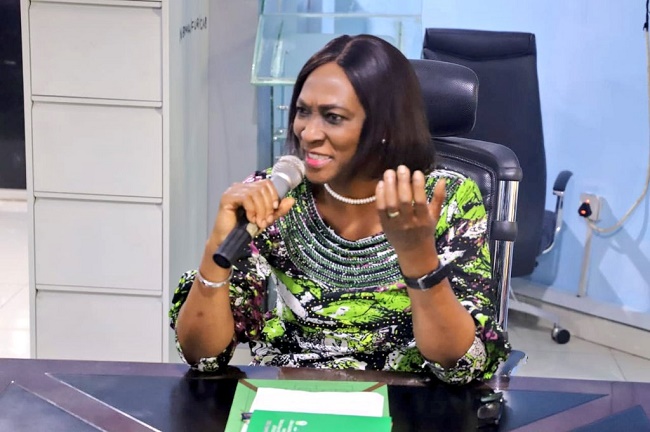Managing Director of Nigeria Liquefied Natural Gas (LNG) Ltd., Mr. Philip Mshelbila, says Africa’s energy sector needs over $200 billion in annual investments to meet its energy and climate goals.

Mshelbila spoke at the networking session reception, hosted by Nigeria LNG in Berlin, Germany, on Monday, December 9, 2024.
The 2024 World LNG Summit and Awards has “Achieving the balance between energy security and decarbonisation” as its theme.
Mshelbila, who was represented by Mr. Nnamdi Anowi, General Manager, Production, NLNG, said this investment was essential to meeting the growing energy needs of a young and dynamic population with a median age of just 20 years.
According to him, in a continent where the average GDP per capita is only a quarter of the global average, the stakes have never been higher.
“The Global Energy Investment landscape requires a critical balancing act: the need for immediate energy access through fossil fuels, alongside the urgent transition to sustainable energy sources.
“At NLNG, we understand this duality. As one of Africa’s leading energy companies, we are dedicated to sustainably producing Liquefied Natural Gas (LNG), a cleaner energy alternative.
“We see natural gas as not only a vital bridge in the energy transition journey but also a sustainable component of the energy mix, enhancing renewable sources like solar and wind.
“However, investment alone is not sufficient. To truly harness Africa’s energy potential, we must foster a collaborative environment,” Mshelbila said.
He suggested that policymakers, private sector players and investors must work together to create enabling frameworks that attract capital.
The NLNG boss said that there was need to enhance transparency, improve infrastructure, and develop human capital that could drive innovation and implementation of energy projects.
He said that it was imperative that these goals were aligned, not just for economic growth but for the welfare of the communities and the sustainability of the environment.
“The time for action is now. Let us invest in Africa’s energies with a shared vision for a prosperous, sustainable future.
“We, at NLNG, are conscious of our sustainability hallmark. We recently refreshed our brand identity with a new logo and tagline that speaks to inspiring a sustainable future.
“Our new logo is not just a visual change; it represents our commitment to innovation, excellence and sustainability.
“It symbolises our dedication to evolving with the times while staying true to our core values.
“Our positioning in the global scheme of things is to provide energy to improve lives sustainably.
“We believe in the strategic strengthening of the natural gas industry’s value in advancing environmental stewardship and economic prosperity.
“Thank you for your attention and together we can create a transformative energy landscape for the world,” he said.
In her remarks, Parul Patel, Operations Manager, DMG Events lauded, Nigeria LNG Ltd., for its investment in LNG and stakeholder support.
Patel said Nigeria LNG Ltd.(NLNG) had made substantial investments in liquefied natural gas (LNG), reinforcing its commitment to sustainable energy solutions.
She said that this investment not only enhanced Nigeria’s position in the global LNG market but had also contributed significantly to the local economy.
“As part of their ongoing efforts to foster collaboration and dialogue within the industry, NLNG recently hosted a welcome reception for all stakeholders.
“This event provided an invaluable platform for networking and discussing the future of LNG in Nigeria, showcasing NLNG’s dedication to strengthening partnerships across the energy sector.
“The support from Nigeria LNG Limited is vital as it facilitates growth and innovation, paving the way for a more sustainable energy future.
“We applaud NLNG for its leadership and commitment to enhancing the LNG landscape in Nigeria,” she added.
The 24th World LNG Summit and wards which, recorded 750 attendees and 200 speakers representing 500 companies from across the energy value chain, is being organised by DMG events.
By Yunus Yusuf

